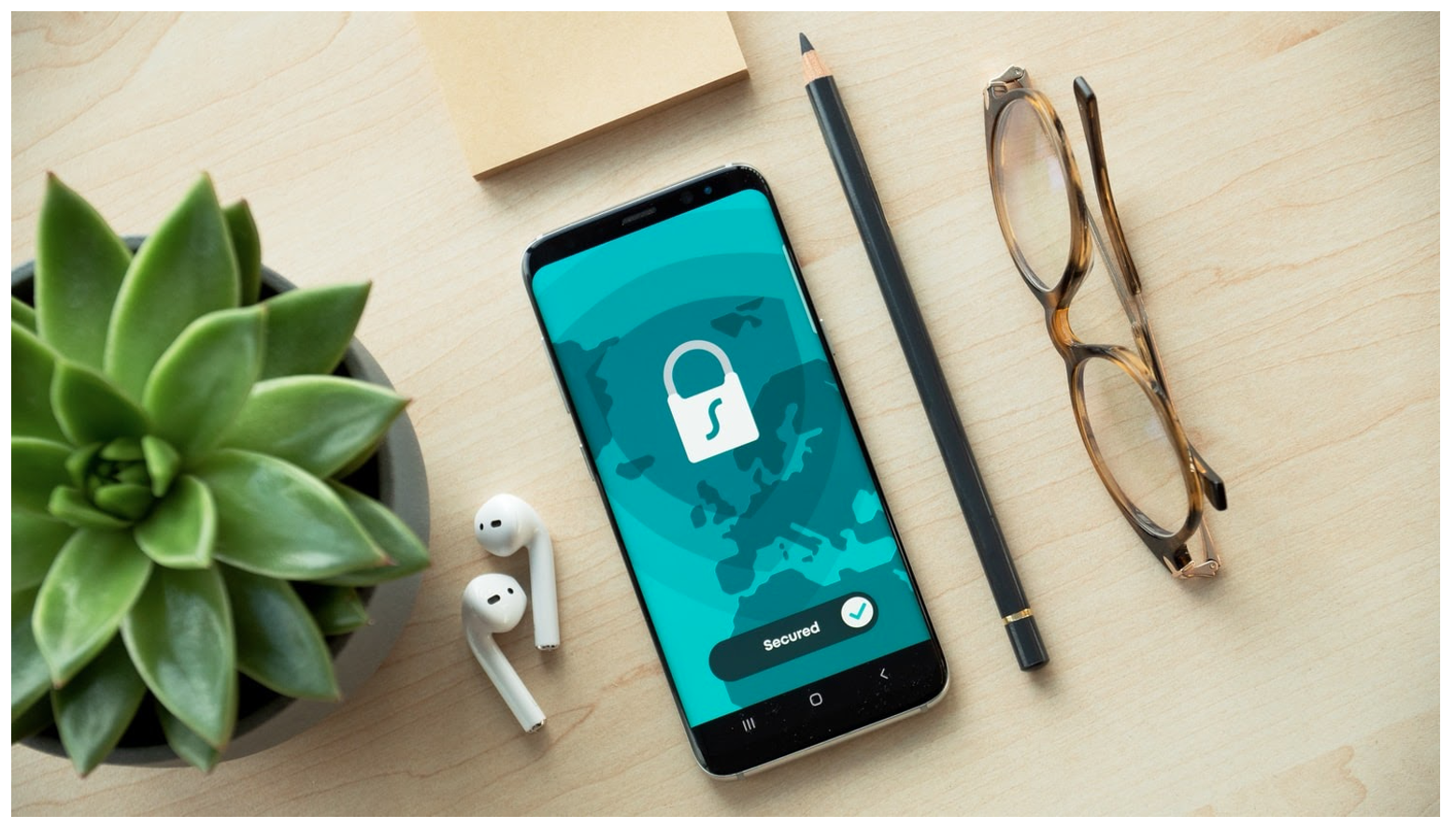The internet has paved the way for technological and industrial innovation for society. However, it does come with its fair share of caveats. These days, people know that they’re virtually capable of learning anything about any subject by merely doing a quick Google search online. The digital age of information has made it possible for anyone to gain access to vital data and information with just a few taps of a finger. However, this has also made it possible for scammers and dubious characters on the internet to steal important data from users online. This is why it’s becoming increasingly important for people to pay closer attention to the way that they protect their data and privacy when interacting with the internet.
Of course, the internet is still a marvel of technology. It has given users the chance to transact online despite customers and merchants being located on completely different sides of the globe. There is a way that we can maintain this healthy relationship of transactions online without being afraid of getting scammed. You just have to make sure that you’re practicing proper data and privacy protocols to safeguard your computer and yourself. Here are some of the best practices in protecting your data and privacy online.
Table of Contents
Make Use of an Antivirus
The first thing that you may want to consider when protecting yourself online is to make use of an antivirus. Don’t be afraid about the software slowing down your computer. Most modern antivirus software’s do very little when it comes to taking up space on your PC’s RAM. They also do a very good job of making sure that no malware or viruses are attacking your computer.
Use Unique Passwords for All Sites
One common mistake that people use when they come up with passwords for their online accounts is that they use the same password for everything. This can become very problematic if one site has a security breach and your password becomes compromised. This means that you’ll end up having to change your password for all of your accounts.
Make Use of a VPN
A VPN is also known as a virtual private network. Essentially, the way that a VPN works is that it masks the data of your personal internet connection from other people who are connected to the same server or network. This will ensure your safety and privacy, especially when you’re connected to public Wi-Fi networks, such as the ones found in malls and coffee shops. You are essentially limiting your digital footprint online by making use of a VPN.
Only Transact with Trusted Sites
Online transactions are typically okay these days as long as you’re dealing with reputable merchants and trusted sellers. For example, if you’re someone who likes to engage in online gambling, then you should only go for the popular and safe online casinos. When working with payment portals, go for trusted platforms like PayPal or Shopify. These are trusted names that aren’t known for engaging in dubious or sketchy behavior.
Use Two-Factor Authentication
Whenever possible, use two-factor authentication. Sometimes, aside from just inputting a password, some sites will allow for two-factor authentication which will require an additional form of authentication from the user. This can come in the form of a fingerprint scan, facial recognition, or one-time password. This is just an added layer of security for all of your online accounts and it will help keep hackers at bay even if they have access to your passwords.
Change Your Passwords Often
Change your passwords often. Understandably, this is such a hassle for you and you might even end up forgetting your password as a result. That’s why it’s best to make use of a password managing app that will allow you to safely access your passwords in real-time.
Be Careful When Sharing Info about Yourself on Social Media
Details like birthdays, pets’ names, or addresses are key details that people typically input into their passwords. If you share this kind of information online, you’re making it easier for other people to figure out your passwords and it could give them access to your digital accounts.
Don’t Click on Random Links and Attachments
Lastly, refrain from clicking on any suspicious links or attachments. Always review any links that are sent to you and verify their sources before clicking on them. Otherwise, it’s just best to leave them alone.


